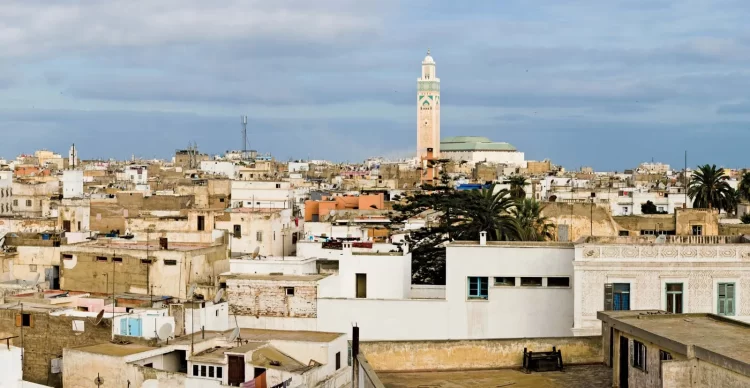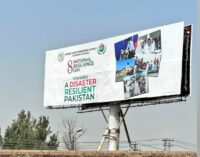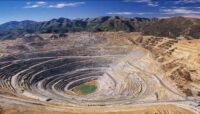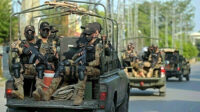In a tragic event, Morocco experienced its deadliest earthquake in decades, resulting in the loss of more than 2,000 lives, according to authorities who made the announcement on Saturday. As the nation grapples with this catastrophe, troops and emergency services are working tirelessly to reach remote mountain villages where survivors are feared to be trapped.
The gravity of the situation has led authorities to declare three days of national mourning, while the Red Cross has cautioned that the process of repairing the extensive damage could span several years.
The earthquake, measuring 6.8 on the Richter scale, struck late Friday in a mountainous region located 72 kilometers (45 miles) southwest of the popular tourist city of Marrakesh, as reported by the US Geological Survey.
The seismic tremors were felt strongly in coastal cities like Rabat, Casablanca, and Essaouira, causing widespread devastation and prompting terrified residents and tourists to seek safety in the dead of night.
Ghannou Najem, an octogenarian resident of Casablanca who was visiting Marrakesh when the earthquake struck, recounted, “I was nearly asleep when I heard the doors and the shutters banging. I went outside in a panic. I thought I was going to die alone.”
In the mountain village of Tafeghaghte, near the epicenter of the quake, virtually no buildings remained standing. The traditional clay bricks used in construction by the region’s Berber inhabitants proved incapable of withstanding the rare quake.
As soldiers tirelessly combed through the debris in the late afternoon, most survivors gathered in the village cemetery, where the last rites were punctuated by anguished cries as approximately 70 villagers were laid to rest.
Omar Benhanna, a 72-year-old villager, shared his heart-wrenching experience: “Three of my grandchildren and their mother were killed—they are still under the rubble. Just a while ago, we were all playing together.”
This earthquake stands as the strongest ever recorded in the North African kingdom, with experts describing it as the region’s most powerful in over 120 years. Bill McGuire, professor emeritus at Britain’s University College London, pointed out, “Where destructive earthquakes are rare, buildings are simply not constructed robustly enough… so many collapse, resulting in high casualties.”
The most recent update from the interior ministry on Saturday evening confirmed that the earthquake had claimed the lives of at least 2,012 people, with the vast majority of casualties occurring in Al-Haouz, the epicenter, and Taroudant provinces. Additionally, 2,059 people sustained injuries, including 1,404 in critical condition, according to the ministry’s report.






